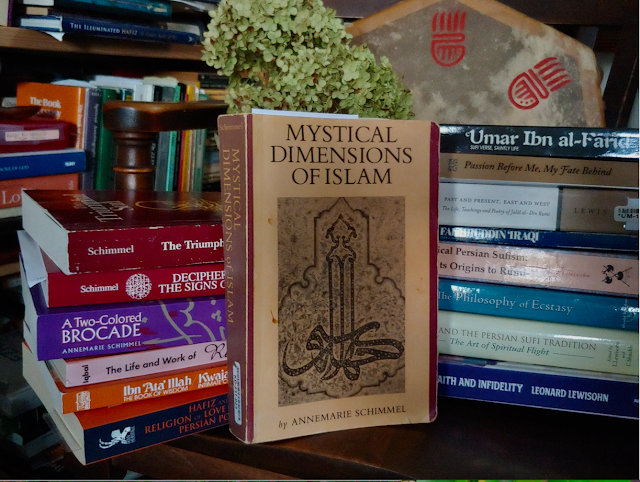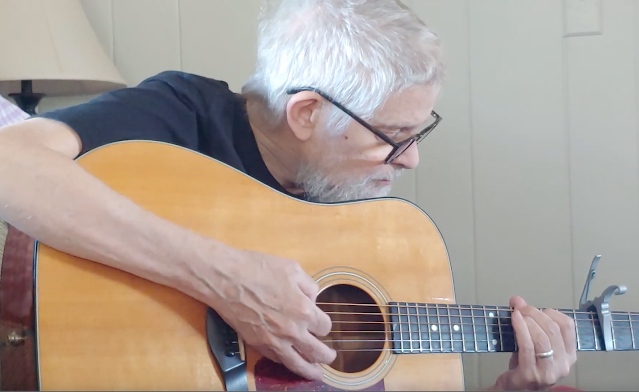“It takes a prophet of sorts, one who sees clearly, one who has traveled the highway before, one who remembers everything, to guide us beyond our blocked, selective, and partial remembering…
Memory is very often the key to understanding. Memory integrates, reconciles, and puts the individual members into perspective as a part of the whole. For us to recognize what God is doing and therefore who God is, we must pray like Paul “that your love may more and more abound, both in understanding and wealth of experience” (Philippians 1:9).
Our remembrance that God has remembered us will be the highway into the future, the straight path of the Lord promised by John the Baptizer [see Luke 3:3–6]. Where there is no memory, there will be no pain, but neither will there be hope. Memory is the basis of both the pain and the rejoicing. We need to re-member both of them; it seems that we cannot have one without the other. Do not be too quick to “heal all of those memories,” unless that means also feeling them deeply and taking them all into our salvation history. God seems to be calling us to suffer the whole of reality, to remember the good along with the bad. Perhaps that is the course of the journey toward new sight and new hope. Memory creates a readiness for salvation, an emptiness to receive love, and a fullness to enjoy it."
Recall Rilke’s poignant image of circles around the ancient tower. Deep breath for not knowing which spiral will be the last.
“I am circling around God, around the ancient tower, and I have been circling for a thousand years, and I still don't know if I am a falcon, or a storm, or a great song.”
Finding a spiritual guide seems essential—but also to let go, falling like these autumn leaves through bewilderment…suffering…unknowing… This is so eloquently expressed by Saint Teresa of Avila in “Interior Castle.”
I have sometimes been terribly oppressed by this turmoil of thoughts and it is only just over four years ago that I came to understand by experience that thought (or, to put it more clearly, imagination) is not the same thing as understanding. I asked a learned man about this and he said I was right, which gave me no small satisfaction. For, as the understanding is one of the faculties of the soul, I found it very hard to see why it was sometimes so timid; whereas thoughts, as a rule, fly so fast that only God can restrain them; which He does by uniting us in such a way that we seem in some sense to be loosed from this body. It exasperated me to see the faculties of the soul, as I thought, occupied with God and recollected in Him, and the thought, on the other hand, confused and excited.
O Lord, do Thou remember how much we have to suffer on this road through lack of knowledge! The worst of it is that, as we do not realize we need to know more when we think about Thee, we cannot ask those who know; indeed we have not even any idea what there is for us to ask them. So we suffer terrible trials because we do not understand ourselves; and we worry over what is not bad at all, but good, and think it very wrong. Hence proceed the afflictions of many people who practise prayer, and their complaints of interior trials—especially if they are unlearned people—so that they become melancholy, and their health declines, and they even abandon prayer altogether, because they fail to realize that there is an interior world close at hand. Just as we cannot stop the movement of the heavens, revolving as they do with such speed, so we cannot restrain our thought. And then we send all the faculties of the soul after it, thinking we are lost, and have misused the time that we are spending in the presence of God. Yet the soul may perhaps be wholly united with Him in the Mansions very near His presence, while thought remains in the outskirts of the castle, suffering the assaults of a thousand wild and venomous creatures and from this suffering winning merit. So this must not upset us, and we must not abandon the struggle, as the devil tries to make us do. Most of these trials and times of unrest come from the fact that we do not understand ourselves. [Saint Teresa of Avila. Interior Castle (Dover Thrift Editions) (pp. 49-50). Dover Publications. Kindle Edition]
Sometimes after benefiting from external guides, the journey moves into exploring the authority of deep personal experience, particularly times of suffering; but/and then this too has to be let go.
“The experience of God’s love must make room for God alone.
For that experience is not God and erects a screen between the soul and God’s naked Presence. The last traces of the ‘witness,’ the ‘spectator,’ the self-referential human ‘I’ are now dying, being annihilated and utterly transformed, in order for the splendour of the resurrected and transfigured Christ and the glory of His Light and Divine Love to be revealed.” [p. 257, McLean's Towards Mystical Union]
As just illustrated, this week’s guidance has come from reading Julienne McLean’s Towards Mystical Union, “a modern commentary on the mystical text ‘The Interior Castle’ by St Teresa of Avila” and in reading directly from St. Teresa’s “Interior Castle”... and from the glory of autumn.
Some experiences best age in memory…reflected upon. Tempered. Re membered






.jpeg)
.jpeg)



















